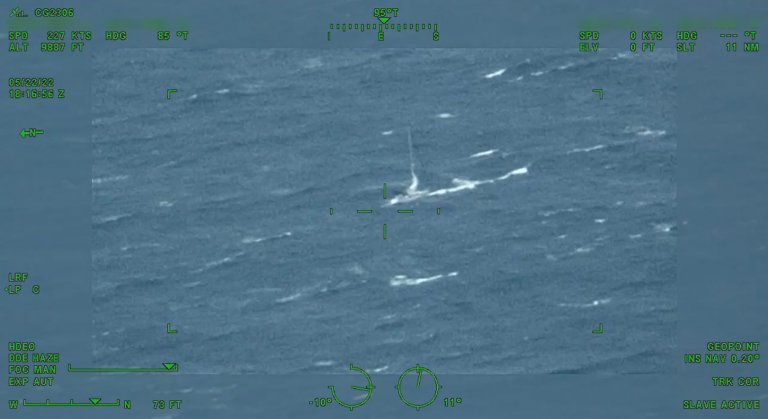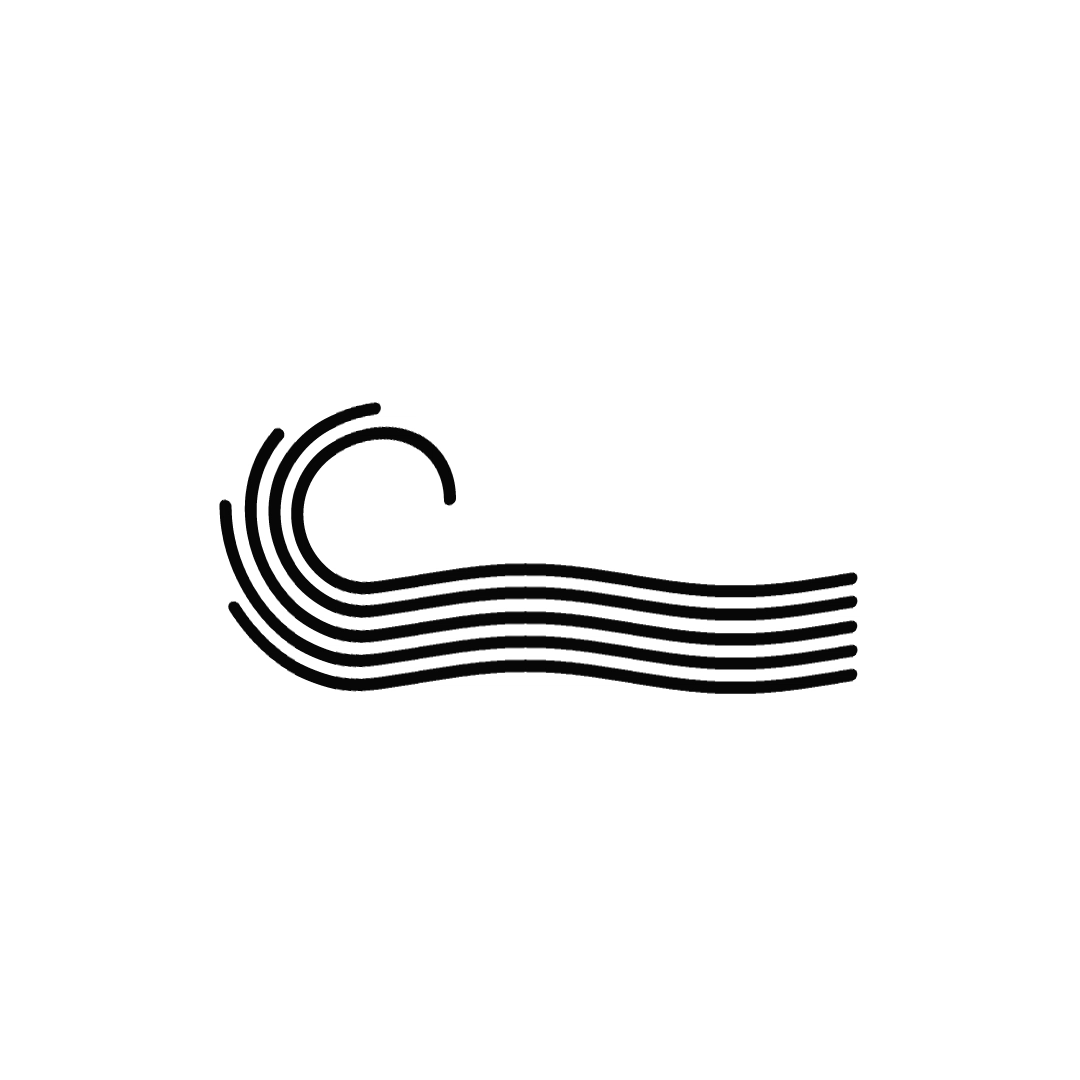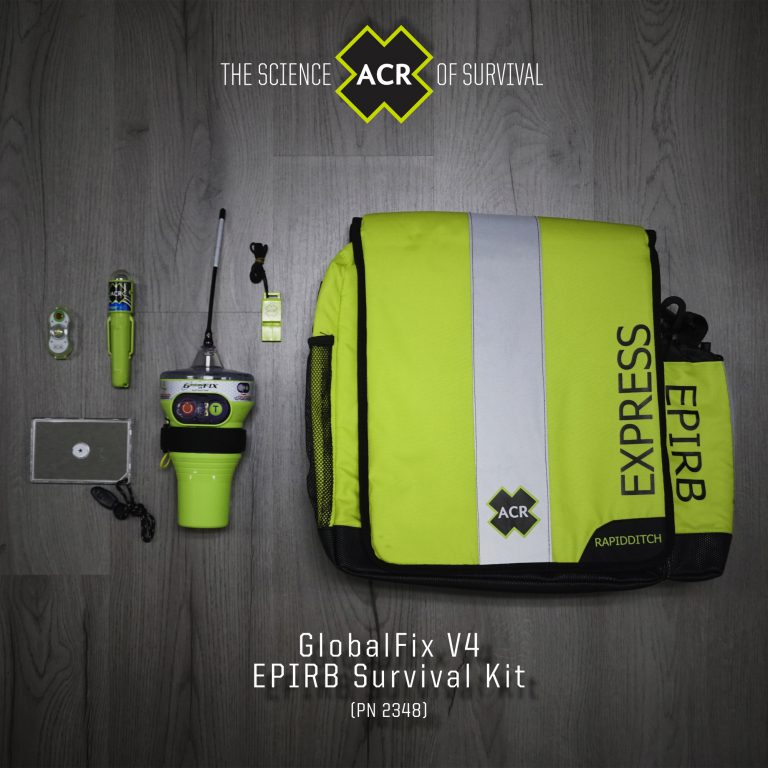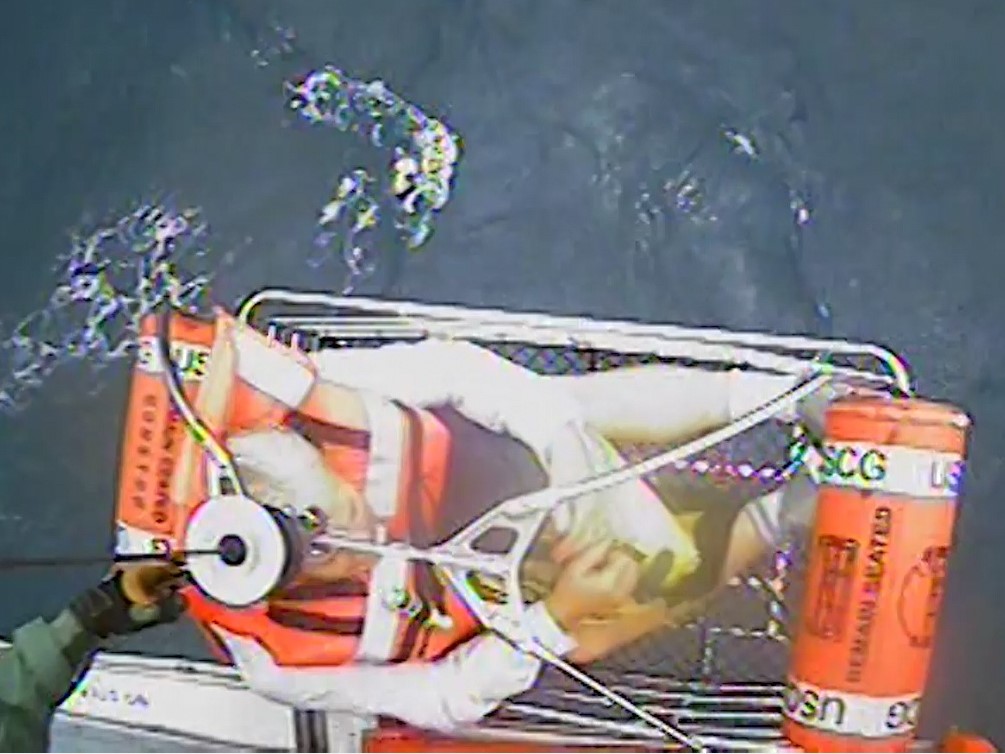
Lives saved
2

Boating

Ocean

Mechanical failure

Weather

Rogue wave
ACR EPIRB Used During Storm off the Gulf
27.261136537348°N, -91.4931640625°W
Posted on January 30, 2023 by John
What happened?
Before the Voyage
My long-time sailing buddy and I were sailing across the Gulf of Mexico from Houston, Texas, to Tampa Bay, Florida. We were using our Tartan 34 sailboat equipped with our ACR EPIRB. It was just the two of us and we had scheduled a watch and watch routine. One person sleeping while the other stood watch at the helm.
First Storm Band Hit
We were a few days into our voyage and as night approached, we were sailing about 175 miles east of Houston, and about 25 miles south of the Louisiana coast. During the night we encountered scattered thunderstorms and were forced to reduce sail. Unfortunately, the genoa furling line jammed while reducing sail. It caused the jib to flog badly in the thunderstorm and the sheets to knot up before we could clear it. This required a lot of time to address, in rough and dark conditions. Both of us on deck through most of the night, preventing both of us from getting more than a couple hours sleep.
We made it through the night without using the ACR EPIRB. As dawn approached the weather turned much nicer with winds blowing out of the SE at 10-15 knots with the boat loping along under full sail heading east. The sun rose into a clear blue sky, and although extremely exhausted from the night’s work we had handled the night well, fixed the issue, and expected to have a good day.
As the sun rose higher, we began to notice that the horizon to the northwest had a strange look to it. But since the wind was blowing consistently from the southeast, we decided it must be remnants of the night’s storms blowing away.
Second Storm Band Hit
What we didn’t realize was that a cold front was coming in from the northwest with a violent squall line ahead of it. As the sun continued to rise and we could see more clearly, we realized it was a storm front coming at us and we made the decision to reduce sail and prepare for it.
Due to our exhaustion from the night, we reacted much too slowly, thinking we had more time than we did. The wind shifted to the south, then to the west, then died altogether. We started the engine and furled the jib, but before we could reef the main, we were hit with straight line winds that knocked the boat on her side, throwing me across the cockpit into the lifelines. We disengaged the autopilot and let out mainsail, so we were running before the storm on a port tack. Wind instrument showed winds at 45 to 50 knots.
There was no way at that point we could safely reef the main and so continued to run before the storm. The rain came down blowing sideways and waves built to sizes I had never seen before. The Tartan responded well to the helm and stayed under control. Eventually the storm began to lighten, and winds dropped back down around 15 to 25 knots. The waves remained very large.
And that was when disaster struck.
Dangerous Waters
An exceptionally large wave caught the stern of the boat and broached us to port, causing the mainsail to gybe 180 degrees accidentally and violently from port to starboard. During the gybe, somehow the mainsheet looped around part of the helm station and ripped it from the deck flange.
The helm station was still attached by the steering cables, but they were jammed around the turning pulleys to the steering quadrant with the rudder turned. We installed the emergency steering tiller but couldn’t move the rudder and had no tools capable of cutting the jammed stainless steel steering cables.
Finding ourselves adrift 45 miles offshore, sideways to the waves. Being blown farther and farther out to sea, with no helm station, steering, compass, or engine controls. Exhausted and badly bruised; wet, and very anxious about going into another night adrift and disabled.
Rescue Inbound
After much debate we decided to call for assistance and rescue using the ACR EPIRB. The coast guard responded to our ACR EPIRB and sent a rescue helicopter. They were absolutely amazing, so professional, calm, and supportive. Lifting us to the helicopter without incident, tending to my friend’s wounds, and flying us to Lake Charles. Truly an incredible team.
Words of wisdom
Don’t under estimate the impact of exhaustion on your decision making abilities. 24 hours with little sleep, cold, wet, can severely effect your judgement.
Thank you note
Thank you all for the work you do! My wife insisted I buy the EPIRB and I am so glad she did. It enabled the Coast Guard to find us quickly and hone in on our location in a big open ocean.
Rescue location
Gulf of Mexico
Rescue team
Coast Guard


